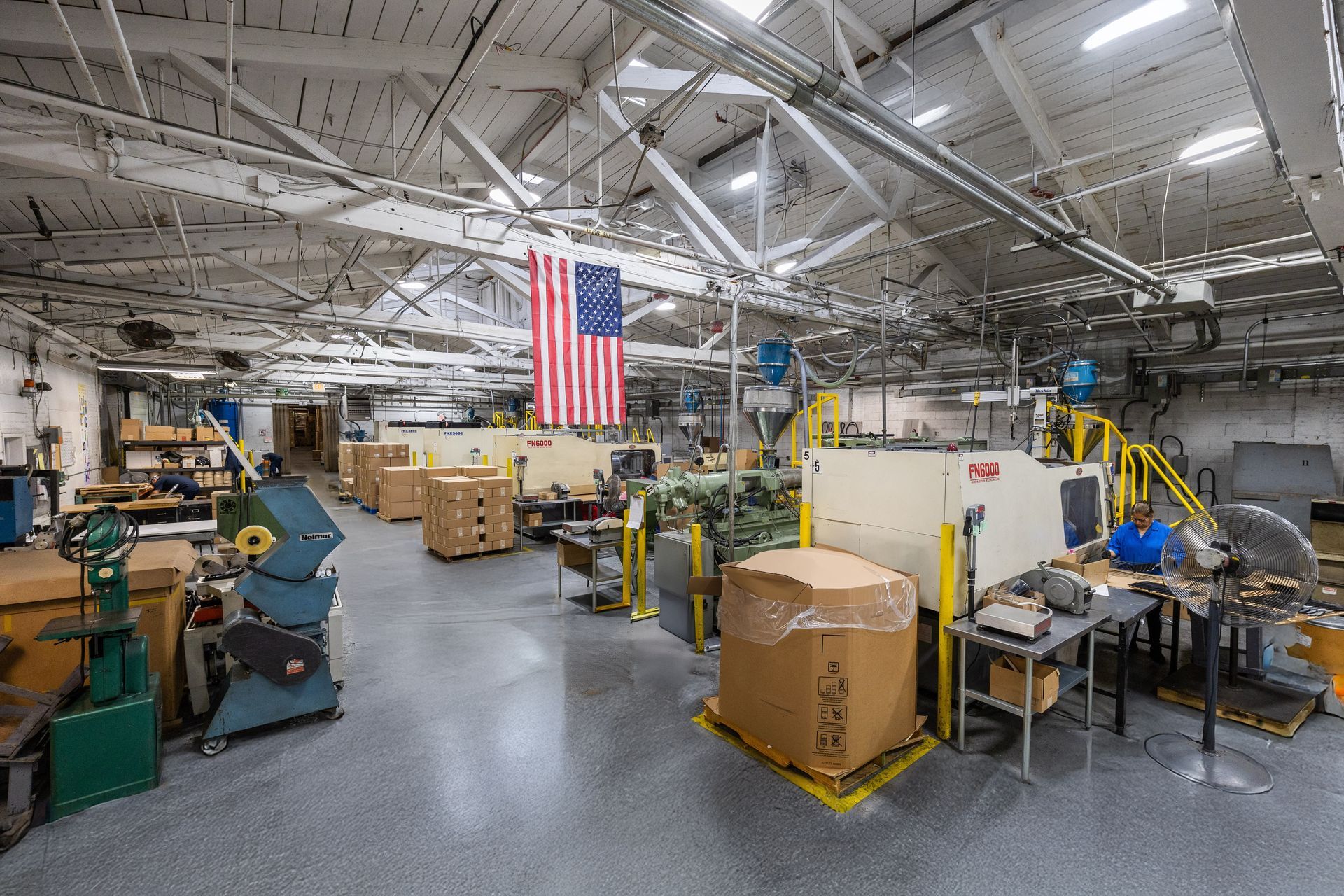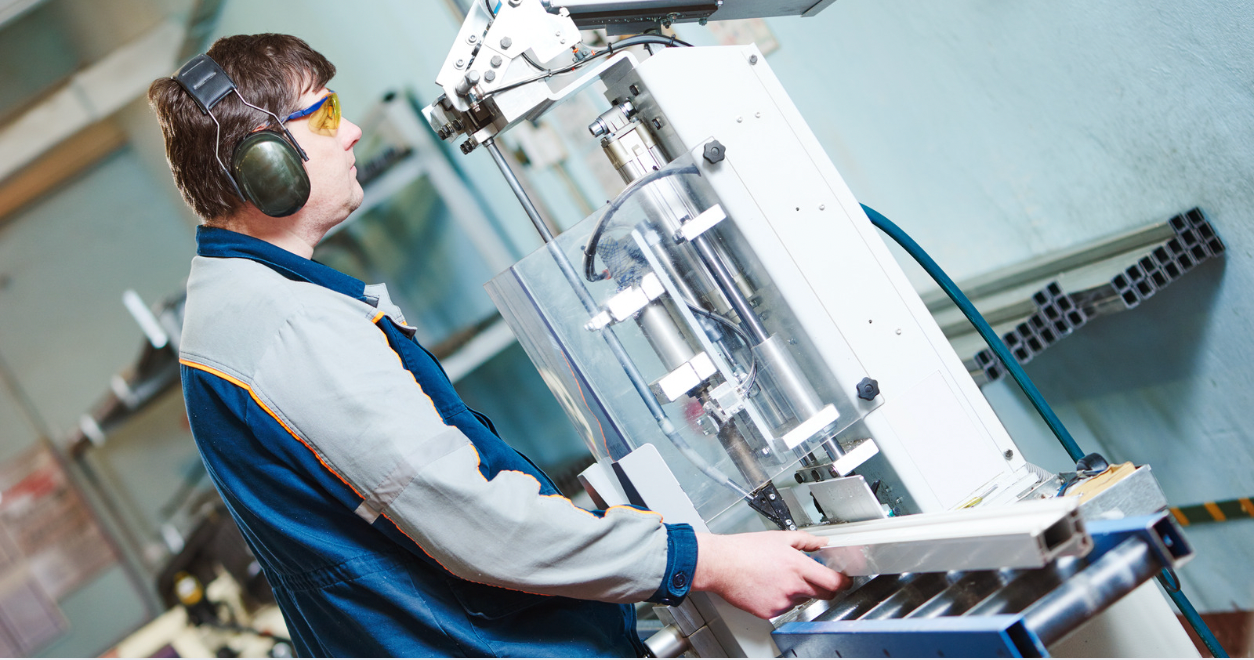The Effects of Biopolymers in Plastic Injection Molding
Renewable and sustainable, biopolymer plastics are bio-based plastics created from biomass such as starches. PHA bioplastics are made by fermenting sugar or glucose with specific bacteria. PLA bioplastics are produced with sugar cane, sugar beets, or corn, and are quite similar to PET plastics. Acetate is a common bioplastic based on plant cellulose found in trees and substances such as cotton fiber. Biopolymers are biodegradable and compostable, making them excellent choices for sustainable injection molding.
Comparison with Traditional Plastics
While biopolymers are evolving and expanding in functionality daily, they already perform similarly to familiar plastics such as polystyrene and polyethylene.
Strength
Many biopolymers have tensile and impact strengths similar to plastics such as polystyrene.
Density
On average, biopolymers have densities similar to polycarbonate.
Aesthetics
As with many plastics, biopolymers can be clear, opaque, or produced in a variety of colors.
Durability
While compostability is one of the most desirable characteristics of bioplastics, it can also limit their shelf life. For example, a purely bioplastic food container may not last as long in a cupboard or refrigerator as one made from purely traditional, petroleum-based plastics. Newer additives are enhancing these capabilities though, so bioplastics can match traditional plastics in durability.
Production Concerns
Because of their biodegradability bioplastics can be susceptible to problems during the molding process. Cooling temperatures and moisture in the air can both degrade bioplastics in production. Mitigations for these risks can include agitating hoppers for the cooling process and crystallizers added to the melted bioplastic.
Common Uses of Biopolymers
Biopolymers are increasingly popular with environmentally-conscious companies and consumers, and their biodegradability makes them an excellent replacement for traditional single-use plastics in many cases. Common products injection molded with bioplastics include:
- Packaging and Shopping Bags
- Food Service Products - especially disposable cutlery, food and beverage containers, and coffee pods
- General Household & Consumer Products
- Medical Uses - containers for medications as well as surgical pins and screws and dental implants
- Garden Items - especially products designed to degrade such as temporary plant stakes
Biopolymers are already everywhere, helping our environment and making plastics more appealing to a broader slice of the population. Recent innovations in additives such as eggshell-based nanoparticles, are expanding the strength, flexibility, and durability of bioplastics. At Bennett Plastics, our long-standing commitment to sustainability means we have the experience and expertise to satisfy your bioplastic injection molding needs.
Contact us today to request a quote and see how we can work with you.
Recent Articles











